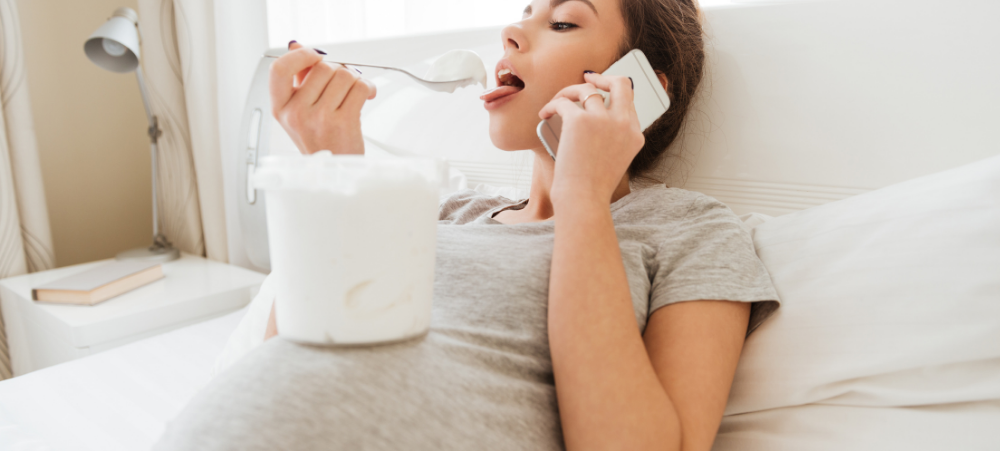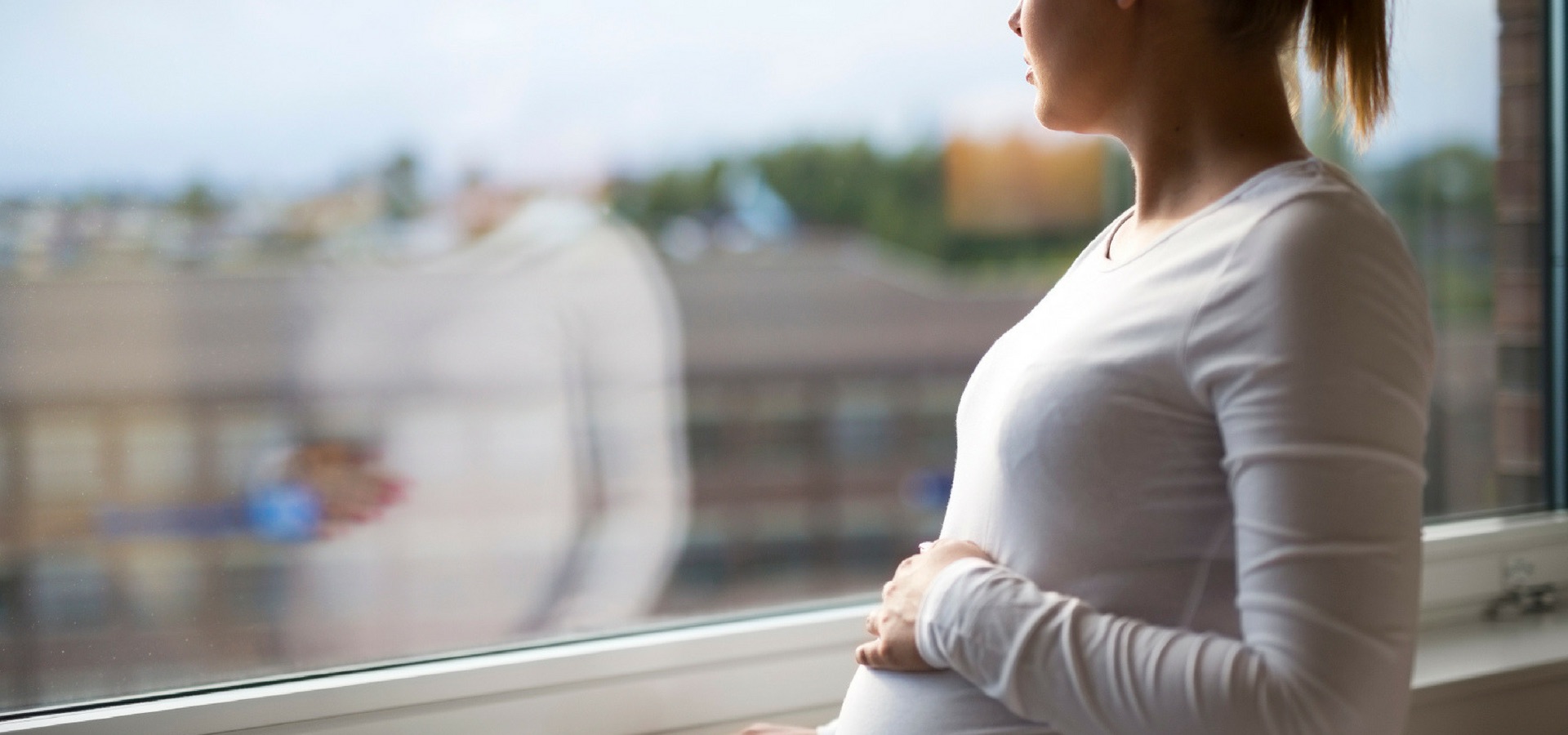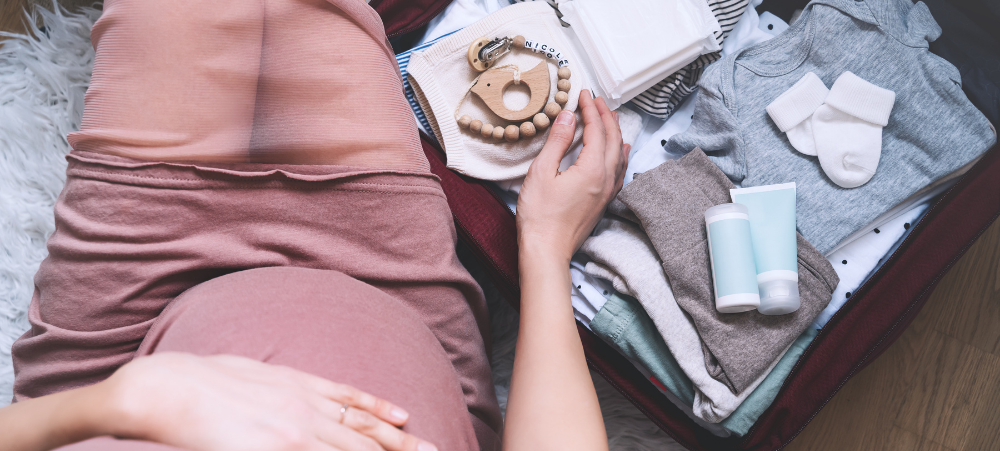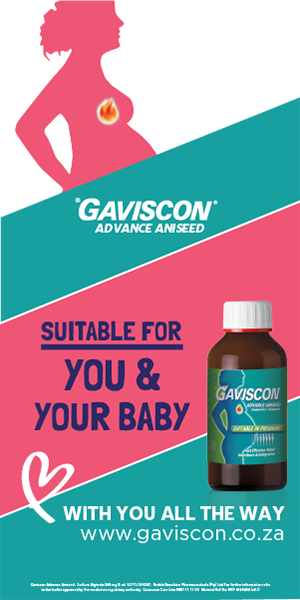
Things you Should NEVER Say to a Pregnant Woman
This is a very serious post! A pregnant woman has more hormones and generally get less sleep than a new mom. So, if you upset her, you might unleash a dragon. All kidding aside, I still very clearly remember my last pregnancy as it was only a couple of weeks ago, Some of the things people said to me actually blew my mind. I was not small in either of my pregnancies and both my kiddies were over 4.2 kg each. I ended up picking up 25 kg and 27 kg, even though, basically all I did was vomit for 5 months. I am that body type that picks up weight easily, an Endomorph the professionals like to call it. The weight is distributed evenly too, so no skinny legs and little bump. So, what were the worst things people said to me during both pregnancies? “WOW, YOU’RE HUGE!” This one is a goodie. It is like people feel the need to tell you how you feel. Well folks, let me explain something here, even when you are pregnant, you still have feelings and it is never nice to hear that you are huge (even when you are). “DON’T SNEEZE, YOU MIGHT JUST HAVE THE BABY NOW” This is fantastic too. Seriously, if sneezing could get my 4kg + babies out, it would save me a huge amount of time and unnecessary pain. Life would be much simpler. “ARE YOU SURE YOU ARE NOT HAVING TWINS?” ah, the inevitable. Yes, I am sure I am not having twins. I have had multiple scans and there is only one baby in there. But I have also had friends that struggled with the opposite problem and my heart went out to them. They were very small and didn’t show very much in the tummy. Again, people said things without thinking. “ARE YOU SURE YOU ARE PREGNANT?” is one of them. “ARE YOU EATING ENOUGH? And even some people go as far as saying that maybe something is wrong and that is why you don’t have a big tummy. These poor moms, just smiled and put on a brave face. So here come my words of wisdom: Think before you speak! Seriously, think about what you are saying. The moms’ medical decisions are her decisions and if she wanted your opinion, she would ask for it. Remember that pregnant woman have feelings too! Keep the horror stories to yourself too. Next time you are faced with a pregnant woman perhaps ask her how she is doing and if you can help with anything. She will really appreciate it. Preggy moms, it is tough being bigger than normal. You go through so much with the aches and pains, heartburn, and nausea. Just remember why you are doing it! The reward it worth it. Some of the best advice I ever received was don’t compare! Everyone is different, so there is no point trying to compare yourself to everyone else. Even each pregnancy is different, so try approach each individually too. Try to have a healthy pregnancy and more importantly do what feels right. A mother’s instinct is strong! The difficulties of pregnancy are one thing but it doesn’t just become super easy once baby arrives either. Your life will never be the same again. You might have a need for things to go back to normal. Striving for a new normal is a more attainable goal. That is where “Balance your lifestyle” comes into play. This is a toolkit for moms that I designed to help you find balance and that new normal, you are looking for. As a Wellness Coach and mom of 2, I had a real need for some sort of structure and balance in my life once I had my kiddies. I quickly saw many other moms were struggling with the same issues and put together this course. So what is it all about? Balance your lifestyle is a 6 module course. Each module is between 30 and 45 mins and they are normally structured on a weekly or bi-weekly basis. The course can be done in person in Johannesburg (Bryanston) or though skype for other areas. What do we cover? Session 1 is all about the end goal. Figuring out what you want and having a game plan on how to get there. This covers your lifestyle and career aspects too. When asking someone what they want out of life, quite often they say, they want to be happy. Yet, cannot define what would actually make them happy. This really helps you define your end goals. Session 2 is all about what makes you tick? Your personality, what fuels your fire? What do you need and what do you need to avoid to get the best out of your relationships. We also chat about the book Love languages, what they mean to you and how to incorporate this technique into you family. Session 3 is all about time. Breaking it down and making it work for you. Aligning your mindset and getting organised. A few small tricks can end up saving you a huge amount of time long term. Session 4 is your personalised stress beating solution. We will establish a solid plan to manage stress, increase your energy levels and boost your immune system. Session 5 is about making peace with your body. Learning to love and appreciate it. How to have a positive self-image and pass that process on to our kids. Session 6 sinks down a bit deeper and looks at how we carry ourselves from posture to etiquette. We also cover your closet detox and coming up with your unique new style. This full course is valued at R4799 for 6 sessions but will be available for a limited time for R1899 payable over 2 months. R949 per month for 2 months . Email [email protected] for a free session. You will also go into the draw to win a free course. This could seriously



























